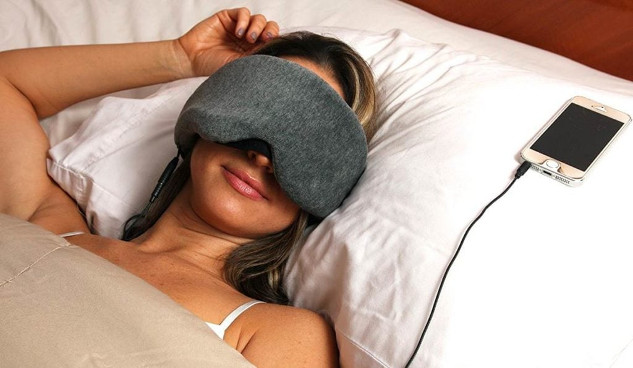
In This Article
- Can you actually learn new information while sleeping?
- How does sleep affect memory and learning?
- Why is audio learning before sleep more effective than passive sleep learning?
- Does which ear you use for listening matter?
- What’s the best way to structure a bedtime learning routine?
🔓
Continue Reading — Free Membership
InnerSelf is a community of real people — not bots, not algorithms.
Register free to read this article and access our full 25,000-article archive.
No credit card. No spam. Just InnerSelf.
